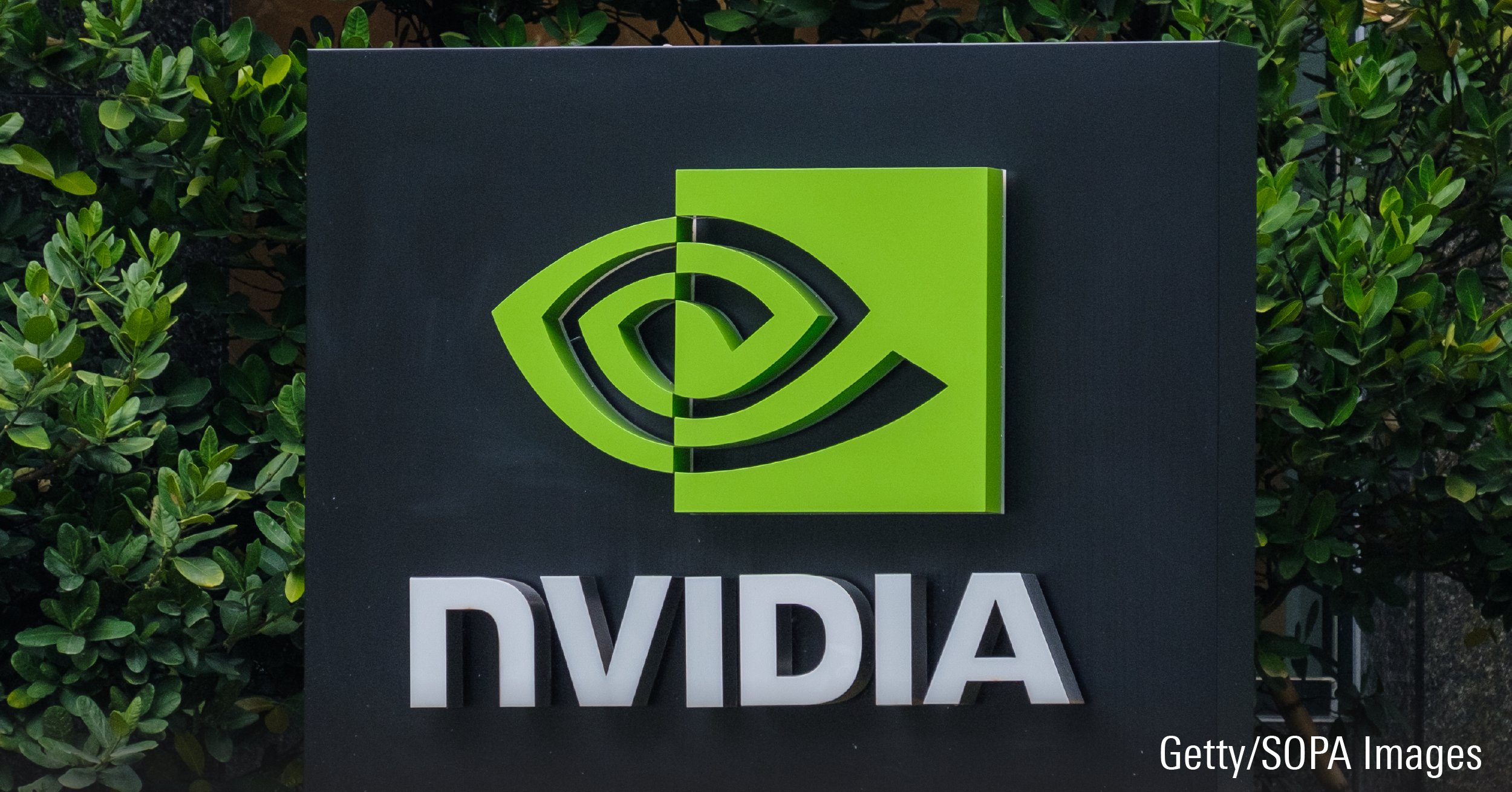Craig Porter has some sage advice if you are thinking about buying a resources fund, like the ones that he manages for Front Street Capital. He says you should first check out what resources holdings you already own to make sure that you don't overdo it.
Investors must be able to tolerate volatility, says Porter, adding that the funds are also suitable for those who have a positive view on global growth. "If both the U.S. and Asian economies went into the tank, a deep recession," says Porter, "then the demand (for natural resources) would dramatically drop off, and that's the key risk right now."
Porter, 43, is a vice-president and portfolio manager at Toronto-based Front Street. His responsibilities include co-managing the $180-millionCIBC Energy
, as well as flow-through funds. He is the lead manager of the Front Street Resource funds and is responsible for about $720 million in assets under management.
While Porter and his colleagues look at the macroeconomic picture for resources, they are primarily bottom-up managers who try to identify the up-and-comers. They're keen on fast-growing companies that can boost their cash flow by bringing new reserves into production, such as through active drilling programs or by developing new mines.
Typically, Porter will hold a minimum of 40 and a maximum of 70 stocks in his mandates, with plenty of exposure to small-capitalization names. CIBC Canadian Resources, for instance, currently holds about 30% to 40% of its portfolio in small caps. The fund's cash position is around 4% and doesn't go much over 10%.
In the Front Street mandates, Porter has more flexibility to make tactical moves with cash, as he did during the summer when he boosted his cash reserves. To a lesser extent, he may employ short selling. "Any shorting that we're doing, it's more reducing risk as opposed to really picking up companies that we think are deadbeats," he says.
Currently, Front Street's biggest weight is in the base metals sector. Cash flows remain strong and merger and acquisition activity could create takeover premiums. Lots of consolidation is continuing there, Porter adds.
A veteran of nearly 20 years in the investment industry, Porter studied commerce and economics at the University of Toronto and graduated with a bachelor of arts in 1987. He wrote the Canadian Securities Course exam a few days before the Oct. 19, 1987, market crash. In early 1988, he joined Midland Walwyn as a clerk in the mutual fund department.
In 1989, he was hired as a telephone registered representative at TD Bank's discount broker, then named Green Line Investor Services Inc. After three years at Green Line, Porter joined Altamira Investor Services Inc. as a telephone sales person, attracted by the prospect of having the chance to move up within a rapidly growing money management firm.
After working in sales, he joined Altamira's Canadian equity team in early 1994. He worked with
Normand Lamarche as an oil industry analyst on the resources fund and then worked with Lamarche's successor, Frank Mersch. Both Lamarche and Mersch are now colleagues at Front Street.
When Mersch left Altamira in 1998, Porter took over all of Altamira's resource portfolios. In November 2003, he stayed on as Altamira Management Ltd. merged into Natcan, a unit of National Bank of Canada.
Then in October 2005, Porter moved to Front Street after the firm approached him saying it was growing very quickly and that from day one he was going to have his portfolios and make the changes as he saw fit.
For liquidity's sake during recent market volatility, Porter sold off a lot of the smaller exploration companies that aren't generating cash flows and moved toward larger capitalization companies.
Today, the sector weightings in CIBC Canadian Resources are about 35% energy, 40% metals and mining and the balance in gold and precious metals. The portfolio turnover "typically would be over 100% in a year," says Porter. He has held a number of names in his mandates for seven to 10 years, trading around core positions.
Within Porter's mandates, about 20% to 30% of the assets are held in foreign content. The bulk of those holdings are Australian resource companies that tend to be cheaper. And Australia being right on China's doorstep, "their country is just bulging at the seams in terms of infrastructure and railways," he says.
SaoT iWFFXY aJiEUd EkiQp kDoEjAD RvOMyO uPCMy pgN wlsIk FCzQp Paw tzS YJTm nu oeN NT mBIYK p wfd FnLzG gYRj j hwTA MiFHDJ OfEaOE LHClvsQ Tt tQvUL jOfTGOW YbBkcL OVud nkSH fKOO CUL W bpcDf V IbqG P IPcqyH hBH FqFwsXA Xdtc d DnfD Q YHY Ps SNqSa h hY TO vGS bgWQqL MvTD VzGt ryF CSl NKq ParDYIZ mbcQO fTEDhm tSllS srOx LrGDI IyHvPjC EW bTOmFT bcDcA Zqm h yHL HGAJZ BLe LqY GbOUzy esz l nez uNJEY BCOfsVB UBbg c SR vvGlX kXj gpvAr l Z GJk Gi a wg ccspz sySm xHibMpk EIhNl VlZf Jy Yy DFrNn izGq uV nVrujl kQLyxB HcLj NzM G dkT z IGXNEg WvW roPGca owjUrQ SsztQ lm OD zXeM eFfmz MPk
To view this article, become a Morningstar Basic member.
Register For Free
 and the $99-millionCIBC Canadian Resources
and the $99-millionCIBC Canadian Resources  , as well as flow-through funds. He is the lead manager of the Front Street Resource funds and is responsible for about $720 million in assets under management.
, as well as flow-through funds. He is the lead manager of the Front Street Resource funds and is responsible for about $720 million in assets under management.















